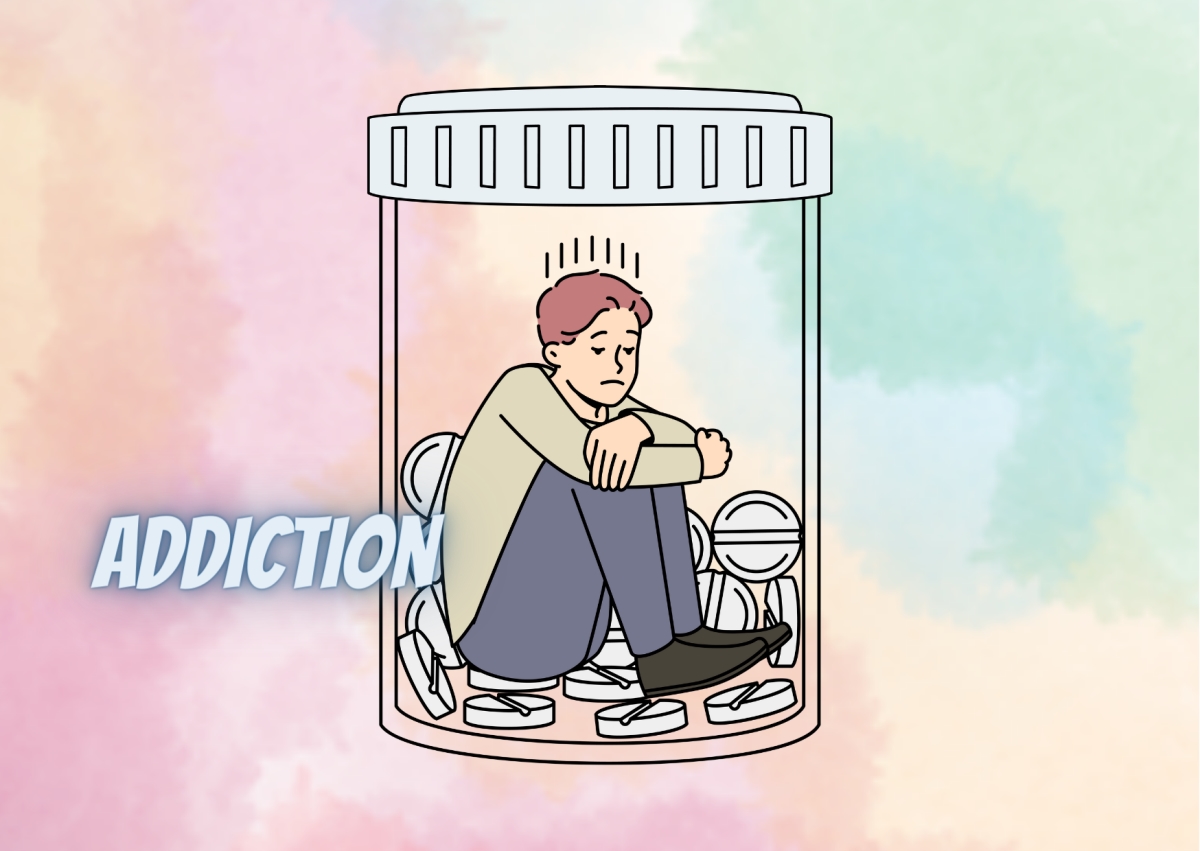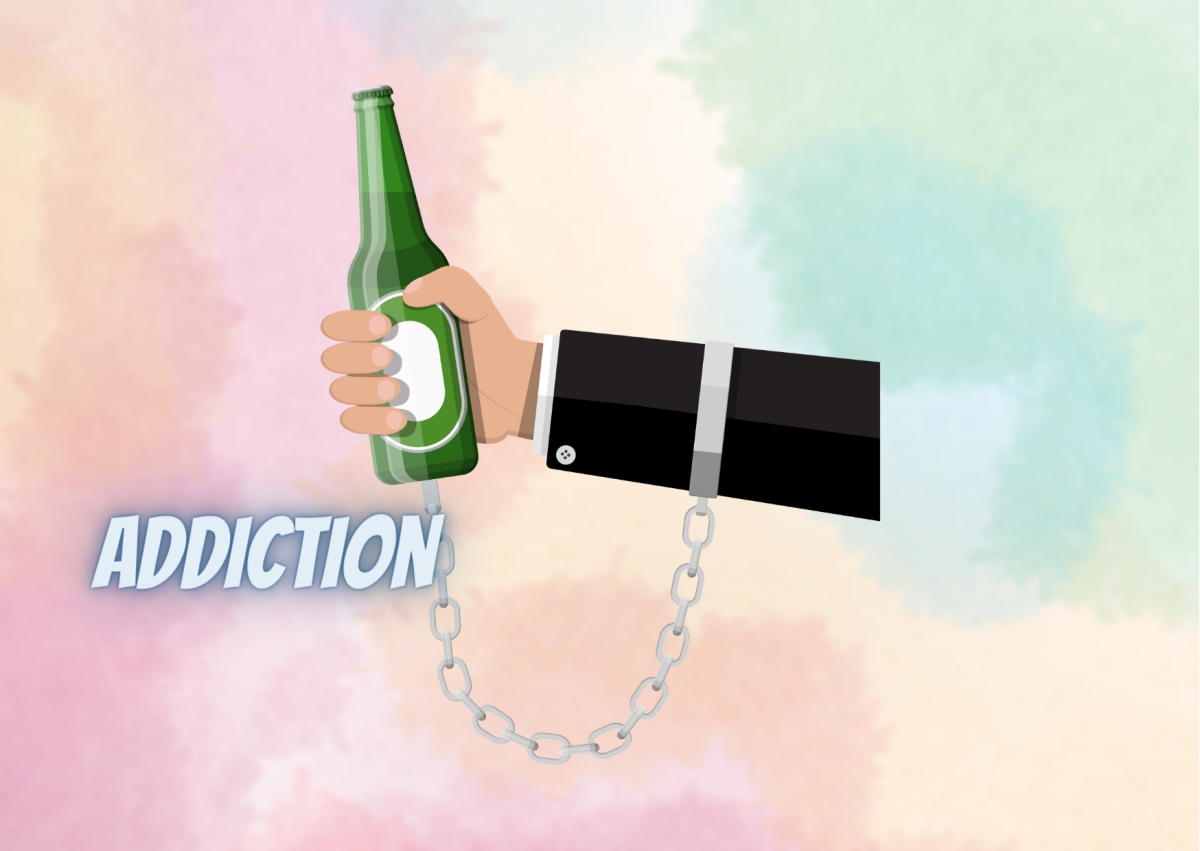Why Do Addicts Relapse If Everything Is Going Well?
Relapsing illness addiction affects a wide range of people from all walks of life. Relapse is a frequent difficulty in the process of recovering from addiction. Many addicts relapse even after extended periods of abstinence, frequently just when things seem to be going well.
Addicts in recovery can stay sober and lead full lives by being aware of what triggers relapse and establishing healthy coping skills. It’s critical to keep in mind that relapse is not a failure but rather a setback that may be overcome with tenacity and help.
Yet why do addicts relapse when things are going well is still a mystery. Learn why addicts may relapse even when their lives appear to be going well in this article. Start reading now!
Clean Living
Even though not all applicants will be accepted, it is a great alternative after treatment. Returning home in the same environment is rarely a sensible move. Their return home is one of the most significant factors in relapse for addicts. Sober living enables people in recovery to be held accountable and sustain relationships with a recovering community through the early, most vulnerable stages of recovery.
Addicts Relapse: What Is It?
Addicts who relapse do so after a period of abstinence from drugs or alcohol. That happens frequently to those who are in recovery from addiction. It is important to understand addiction is a chronic illness that needs constant attention. Recovery from addiction can be influenced by numerous things.
It’s crucial to deal with the root causes. To avoid recurrence, it’s also essential to create healthy coping strategies. Long-term sobriety will be easier to sustain with this. Building a support system and seeking expert assistance can both be powerful preventative measures.
Why Do Addicts Relapse If Everything Is Going Well?
When things are going well for an addict, the two most frequent reasons for relapsing are 1) the dread of success and 2) the conviction that the problem was created by the symptoms. Addicts and alcoholics usually have a combined dread of success and failure. Many drug users also battle with low self-esteem and rejection anxiety.

